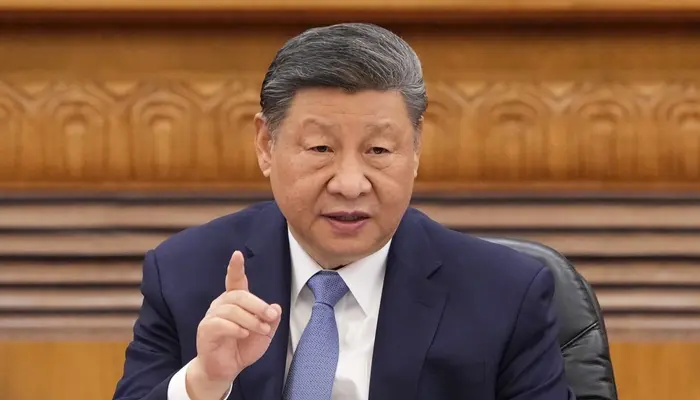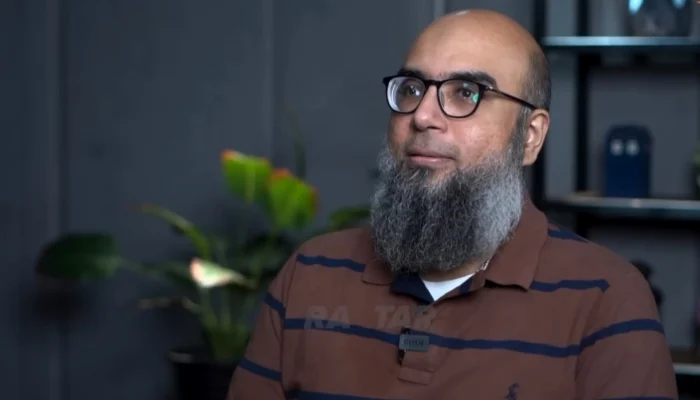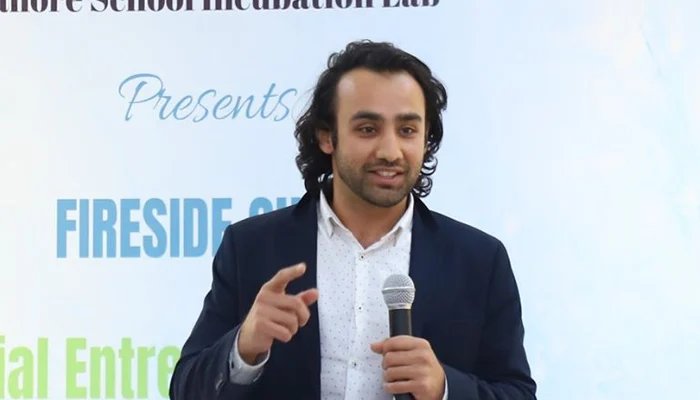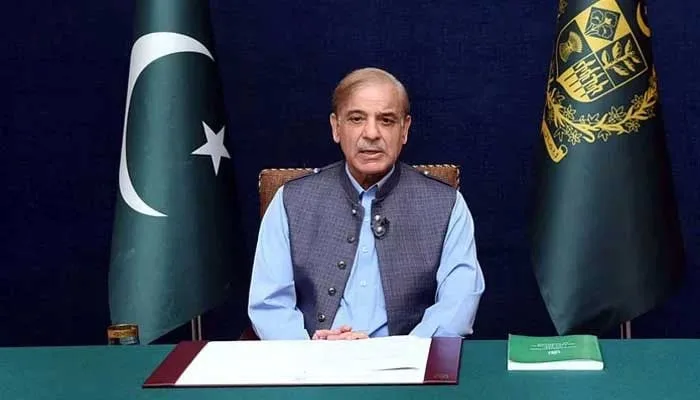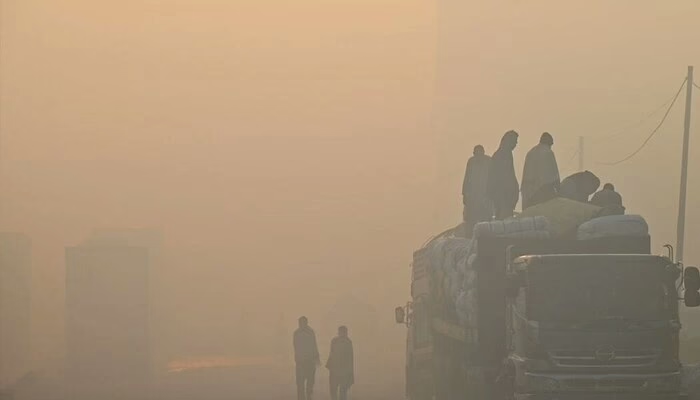
The Punjab government has taken a significant step to combat hazardous air pollution by approving the Punjab Clean Air Programme (PCAP). With $300 million concessional financing proposed by the World Bank, the program aims to address severe pollution in urban centers like Lahore, Faisalabad, and Gujranwala, where air quality often exceeds dangerous levels.
Coordination and Implementation
The cabinet has designated the Planning and Development (P&D) Board as the central agency for coordination and monitoring. The board will engage with the World Bank through the Ministry of Economic Affairs to secure financing. Additionally, an interim Coordination and Monitoring Unit (CMU) will be established using existing resources to expedite the program’s implementation.
Key Components of PCAP
The PCAP outlines comprehensive measures to address pollution, focusing on transport, agriculture, industries, and environmental management. The program includes:
- Electric Public Transport:
A major allocation of $140 million will procure electric buses for Lahore and its surroundings to mitigate smog. This includes upgrading power infrastructure, establishing depots, and promoting road safety. - Promotion of Electric Two- and Three-Wheelers:
About $90 million has been earmarked to subsidize electric two- and three-wheelers and support research to convert traditional vehicles to hybrids. Charging stations will be installed across Lahore to encourage the shift to electric mobility. - Vehicle Buyback Program:
A $15 million allocation will fund studies and implementation of a plan to buy back old vehicles or remove them from Lahore’s roads, reducing emissions.
Read: Lahore Seals 50 Shops for Anti-Smog Violations
Pollution Data and Key Drivers
The transport sector is the largest contributor to Punjab’s air pollution. The 2021 “Air Pollution Inventory of Punjab” highlights that transport accounts for 39.38% of overall pollution. In Lahore alone, transport emissions make up 83.15%, followed by industries (9.07%) and agriculture (3.9%).
Agriculture and Industry Interventions
The agriculture department will purchase advanced equipment, such as Super/Pak seeders, for areas like Lahore, Gujranwala, and Faisalabad. This will discourage crop residue burning, a significant pollution source. Farmers will also receive subsidies to cover the rental cost of eco-friendly harvesters.
For industries, the Punjab Small Industries Corporation will create a Rs3 billion revolving fund. This initiative will provide loans to 450 industrial units for installing solar power systems, reducing reliance on fossil fuels.
Air Quality Monitoring and Public Awareness
The environment protection department plans to install air quality monitoring stations and implement fuel quality checks. Public engagement will enhance through awareness campaigns, promoting community involvement in combating pollution.
Transforming Punjab’s Air Quality
With the PCAP, the Punjab government is setting the stage for long-term solutions to tackle air pollution. The integration of electric vehicles, cleaner agricultural practices, and industrial reforms aims to create a sustainable environment. As the cabinet moves forward with securing World Bank financing, the program offers hope for cleaner and healthier air across Punjab.
Follow Day News on Google News, Instagram, YouTube, Facebook, Whats App, and TikTok for latest updates








